- Overview
- Causes, Risks & Prevention
- Symptoms & Types
- Tests & Diagnosis
- Your Cancer Care Team
- Treatment & Side Effects
- Treatment Support
- Living With
- Remission & Recurrence
- Support & Resources
- Appointment Prep
- View Full Guide
What Bone Metastasis Looks Like

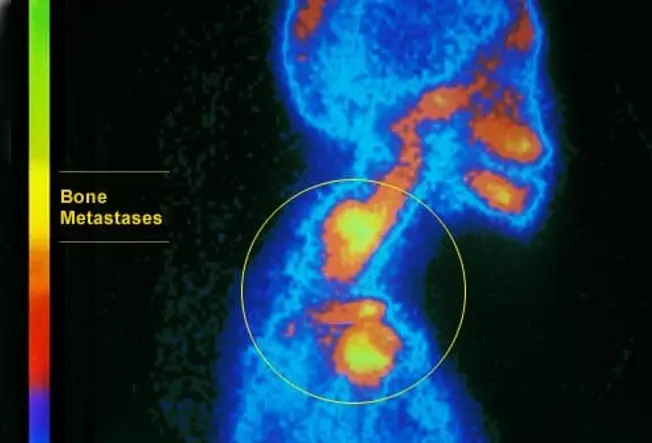
What It Is
Metastasis is the spread of cancer to other parts of your body. In this type, the cancer cells travel to your bones through blood or other fluids.

Risk Factors
Any type of cancer can raise your chances of bone metastasis. Doctors can't predict if diseased cells will spread, but certain cancers are more likely to reach your bones, including:
- Breast
- Lung
- Thyroid
- Prostate
- Kidney
The same goes for large tumors in your lymph nodes.
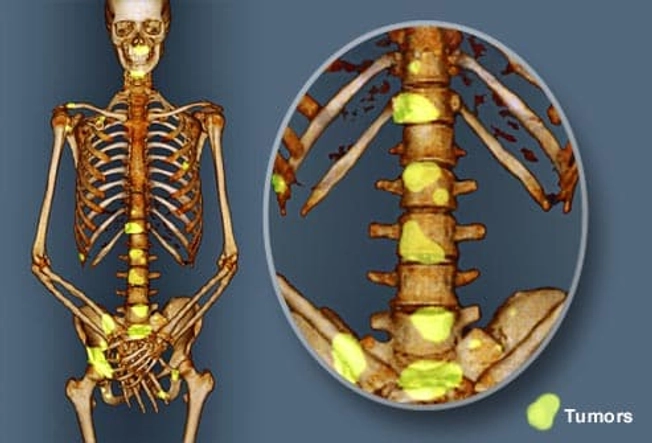
Where They Form
They can grow in any bone, but they tend to be close to the center of the body. The most common place is the spine, but they're also found in the:
- Thigh bone
- Upper arm bone
- Ribs
- Hips
- Skull

Symptoms
Bone pain is often the first sign. It can come and go, but it may build up over time. The discomfort is usually worse at night.
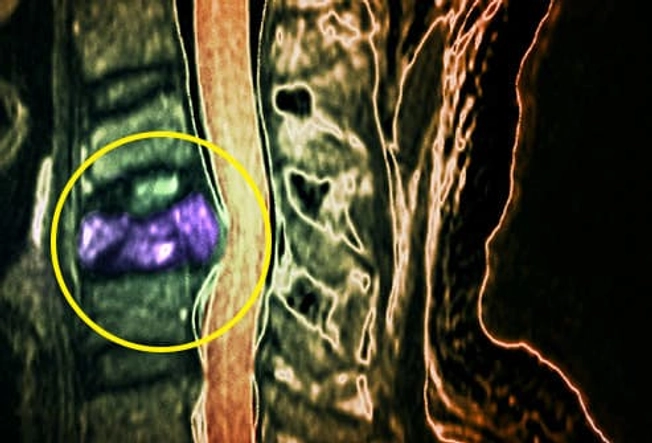
If It's in Your Spine
A growing cancer in the spine can press on your spinal cord. This can damage the nerves and cause muscle weakness, numbness, and trouble going to the bathroom. If not treated right away, it can leave you paralyzed. Treatments include steroid injections, radiation, chemotherapy, and surgery. You may need physical therapy to tone your muscles again.
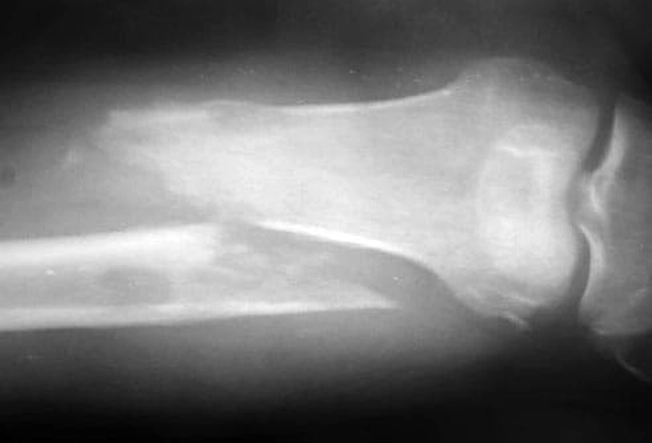
How It Damages Your Bones
Metastasis weakens them, especially those in your spine and the long ones in your arms and legs. With time, even everyday activities like coughing or sitting down in a chair can cause breaks. The pain is often sudden and sharp.

Images Your Doctor May Need
Your doctor might order tests to take images of the inside of your body, even if you don't have symptoms. With X-rays, they can find cancerous growths and tell if a bone is broken. A bone scan often shows metastases earlier than an X-ray and can check your whole body at once. CT, MRI, and PET scans can also tell if your cancer spread.

Calcium Levels Are Important
When cancer spreads to your bones, it often releases calcium into your blood. Too much of this mineral can cause nausea, constipation, dehydration, and even a coma.

Treating the Primary Cancer
Chemotherapy, hormone therapy, and immunotherapy target the main cancer. Taken by mouth or injection, they attack any cancer cells in the body. These treatments, called systemic because they affect the whole body, can cause side effects such as nausea, vomiting, fatigue, hair loss, and a higher chance of infection.
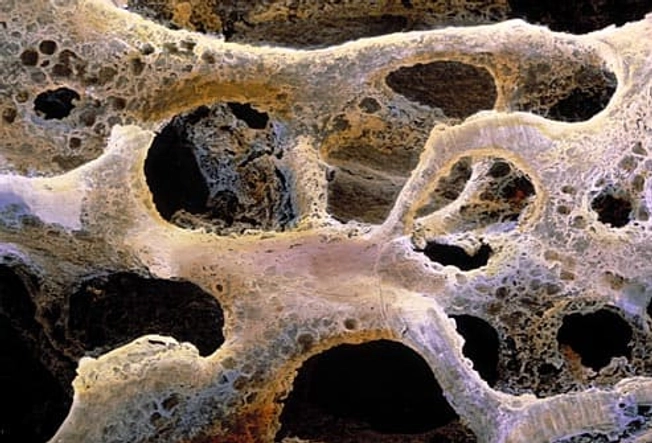
Bisphosphonates Can Help
This class of drugs treats weak bones. Bisphosphonates can lower high calcium levels, help with pain, and cut your chances of broken bones. Side effects of these meds include fatigue, nausea, vomiting, anemia, and bone or joint pain. A serious but rare side effect is jawbone death, where part of the bone in your jaw dies. Another medicine that may help is denosumab.
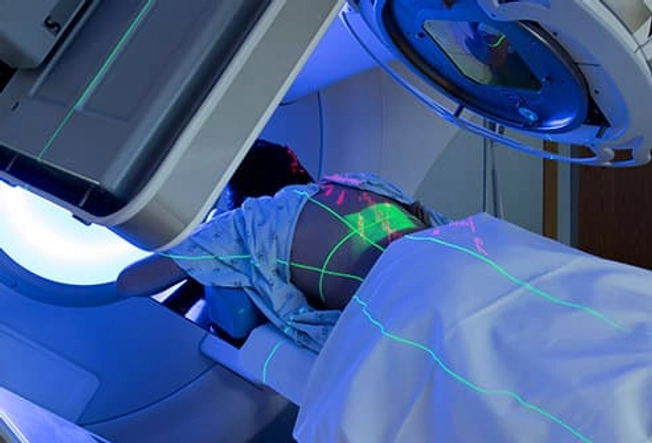
Bone Help
Local treatments focus on just the bone or bones where the cancer spread. They work to destroy the tumor or slow down the growth of cancer cells.
- External beam radiation uses high-powered energy rays to hit the diseased cells. It's similar to an X-ray, but much stronger.
- Ablation is another option that attacks tumors with cold, heat, electric currents, or alcohol.
- Focused ultrasound kills nerve endings in the bone around the tumor.
- Radioactive medications can target the cancer.
- Doctors can also inject bone cement to help stabilize the area.
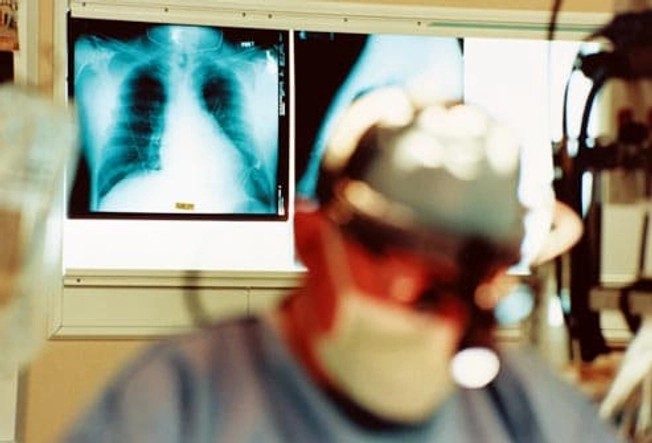
Surgery
In the operating room, your doctor can repair broken bones or put in rods, screws, pins, or plates to keep a weak bone from breaking. Prevention is the best approach, as breaks caused by cancer often don't heal well.

Pain Management
In many cases, treatments for bone metastasis will also help relieve bone pain. But if the discomfort doesn't go away, your doctor might suggest over-the-counter pain relievers such as acetaminophen, ibuprofen, or naproxen. If they don't work, they might prescribe stronger ones like opiates.

After Treatment
Bone metastases aren't usually curable, but treatments can shrink them and relieve symptoms. Talk to your doctor about any new symptoms or side effects you've noticed, and ask them about other treatments that might work for you.